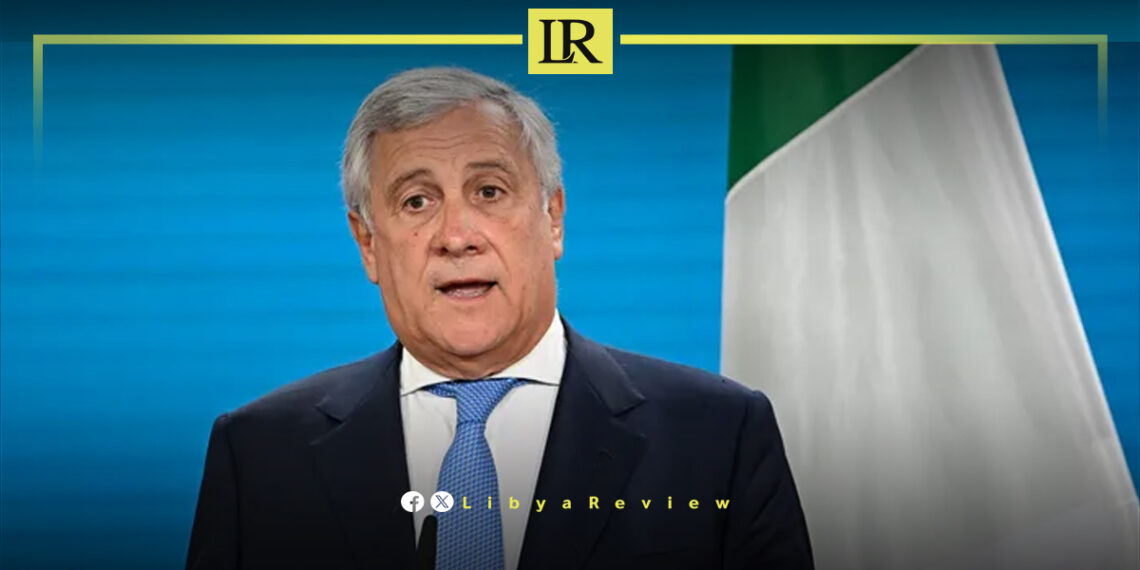On Monday, Italian Foreign Minister Antonio Tajani called for a stronger, unified European stance on Libya, warning that the country’s internal instability is now a “European problem” requiring immediate and coordinated EU action.
His remarks come just ahead of the EU Foreign Affairs Council meeting, which is expected to address the escalating situation in Libya following renewed clashes in Tripoli last month.
Speaking to Italian media, Tajani said that Italy is working to draw the EU’s focus to Libya’s fragile domestic situation. He emphasized that instability in the country threatens not only regional peace but also European security, particularly through its direct impact on migration across the Central Mediterranean route.
Tajani outlined three core objectives for the EU’s involvement in Libya: to issue a renewed political warning to mobilize European engagement, to strengthen support for a lasting ceasefire, and to reinitiate a political dialogue under UN guidance, led by Special Representative Hanna Tetteh.
He also noted the importance of addressing growing Russian influence in Libya, especially in the context of recent military and political activities in the eastern part of the country.
The foreign minister’s remarks follow mounting concerns in Brussels about the resurgence of violence between factions in Tripoli and what some European diplomats describe as a deteriorating security environment. Rome has positioned itself as a lead voice in urging a comprehensive EU approach to Libya, stressing that fragmented responses will only prolong the crisis.
Ahead of the EU meeting, Tajani warned that ignoring Libya’s political chaos could increase irregular migration, further strain EU border operations, and fuel instability in the broader Mediterranean region.
He called on all EU member states to move beyond narrow national interests and work toward a joint solution that supports Libya’s path toward national reconciliation and democratic transition.


